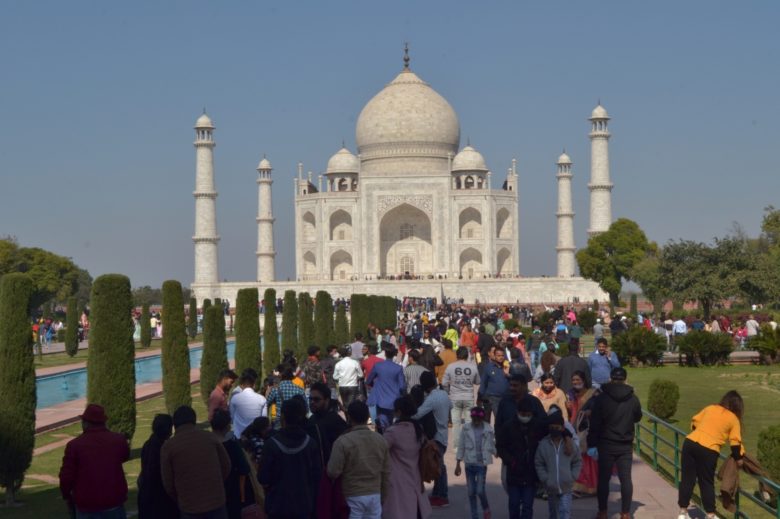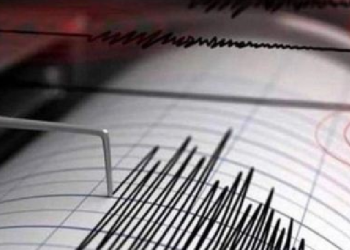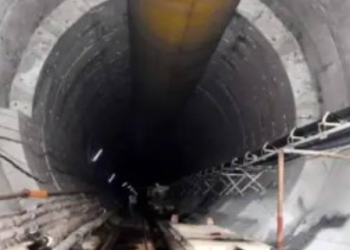Agra: A pale of gloom and despair has descended on the Taj Ganj area in the vicinity of the Taj Mahal. Uncertainty about future and the spectre of thousands losing gainful employment through a myriad set of commercial activities stare at the residents of narrow lanes and mohallas of this densely populated area which many have described as ‘living heritage.’
Not only small shops but also the tiny clusters of artisans engaged in highly skilled marble inlay work, could suffer if the Supreme Court order announced last week directing the local authorities to stop commercial activities within 500 metres of the periphery of the Taj Mahal, is executed.
After the industries in the Taj Trapezium Zone (TTZ) were shut in 1996, it’s now the turn of over 400 shops, hotels, fast food joints, emporiums, within 500 metres of the periphery of the 17th century monument of love, to down the shutters.
A Supreme Court directive to the Agra Development Authority (ADA) to stop all commercial activities in the 500 metre zone has alarmed the owners of shops and other establishments, who now fear devastation and end of a journey.
The ADA has asked all shop keepers to make sure that all commercial activities are halted by October 17. They have been asked not to procure fresh goods or materials for sale. The survey is now over and plans are afoot to restrict movement of vehicles carrying supplies to the shops. The Taj Ganj police station has put up fresh barriers at the entry points.
Meanwhile, an action committee has been formed to represent the affected shop keepers’ case. A review petition is likely to be filed. A team is going to meet the UP Chief Minister Yogi Adityanath in Lucknow.
The consensus at a meeting on Saturday was that due to the fight between two groups of shopkeepers and the ADA, all commercial establishments have had to pay a very heavy price.
Lawyers say that since there was a precedent of 1996, when all industries were told to shut down or shift, the victims of the latest order may find it hard to secure any relief from the apex court now.
But if facts are properly presented, with the historical timeline, the apex court may reconsider the case, hopes Raman, a member of the Supreme Court monitoring committee. The TTZ Authority should take up the case and seek relief for the affected parties, say the activists.
It may be recalled that the high powered Dr S Vardrajan committee constituted by the Supreme Court in 1993 while considering the MC Mehta PIL on Taj pollution, had wanted ‘de-congestion’ of Taj Ganj area. Later, the Archaeological Survey of India moved amendments to the Ancient Monuments Act to regulate activities in the 100 metre, 200 metre and 500 metre zones.
Hundreds of FIRs against encroachments and illegal constructions are pending disposal. The monuments in Agra are dwarfed by high rise buildings and encroachments as the police have not bothered to take action. As things stand, the stage is all set for a standoff and avoidable confrontation that could seriously affect the tourist season.
(IANS)




















